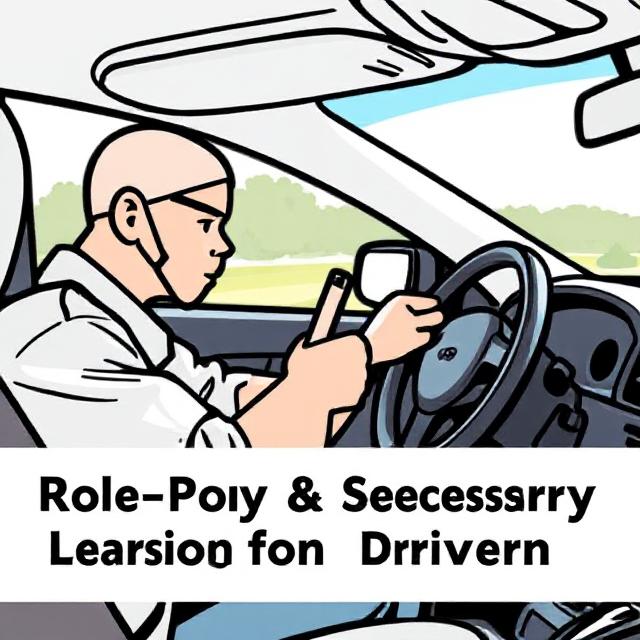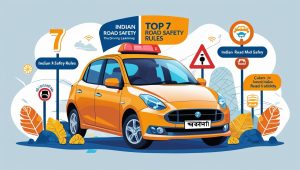🚦 Role-Play & Scenario-Based Learning for Drivers
Driver training has evolved far beyond traditional classroom teaching. Today, effective road safety programs focus on interactive, experiential learning methods like role-play and scenario-based learning. These methods help drivers understand real-life situations, test their decision-making, and practice safe behavior in a controlled environment. At Hubert Ebner India, we emphasize these modern approaches to create confident, skilled, and safety-conscious drivers.
🎭 Why Role-Play in Driver Training?
Role-play allows participants to step into the shoes of different road users—drivers, pedestrians, or cyclists—and experience situations from multiple perspectives. This exercise helps them:
- Understand the challenges faced by others on the road.
- Build empathy and patience while driving.
- Practice handling conflict or unexpected scenarios, such as road rage or pedestrian crossings.
For example, when learners act as pedestrians in a training session, they better appreciate the importance of giving way at crosswalks when they return to the driver’s seat.
📖 The Power of Scenario-Based Learning
Scenario-based learning places drivers in realistic, problem-solving situations. Trainers present situations such as:
- Driving in heavy rain with low visibility.
- Dealing with sudden braking from the vehicle ahead.
- Navigating high-traffic intersections.
- Responding to emergencies like tire bursts or brake failure.
Learners are asked to analyze the situation, make decisions, and act accordingly. This builds critical thinking, situational awareness, and quick decision-making skills, which are essential for safe driving.
✅ Benefits of Role-Play & Scenario-Based Learning
1. Practical Decision-Making
Drivers practice responding to challenges in real time without the actual risks of road exposure.
2. Confidence in Handling Emergencies
Role-play simulations prepare drivers for high-stress situations like accidents or breakdowns.
3. Better Retention of Learning
Active participation ensures lessons stay with drivers longer compared to passive classroom lectures.
4. Stronger Safety Culture
Experiencing real-life scenarios builds a mindset of responsibility and alertness on the road.
🚗 Hubert Ebner India’s Approach
At Hubert Ebner India, we integrate role-play and scenario-based learning into our driver training and defensive driving programs. Sessions may include:
- Mock traffic management exercises.
- Role-play between aggressive and defensive drivers.
- Simulator-based real-time driving scenarios.
- Case studies of past accidents to analyze causes and prevention.
This engaging method not only builds technical skills but also sharpens judgment, empathy, and self-control—qualities essential for every responsible driver.
🎯 Conclusion
Role-play and scenario-based learning transform driver education into an immersive, memorable, and highly effective experience. By practicing real-life challenges in a safe environment, drivers become better prepared for unpredictable road conditions. At Hubert Ebner India, we continue to champion these innovative approaches to build safer roads and responsible drivers for tomorrow.




